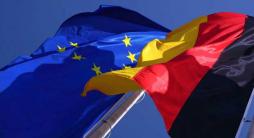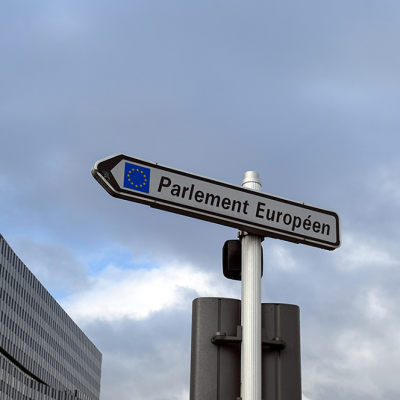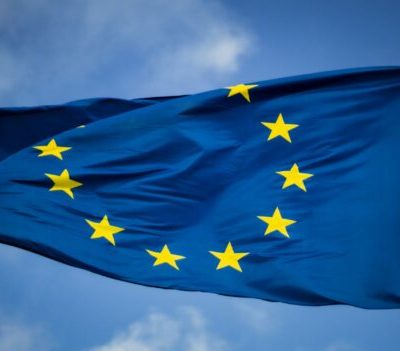A View from Outside: the Franco-German couple as seen by their partners
We asked six experts to ansxer this question: Will the Franco-German “couple” be able to play the same driving role as in the past?

Couple, axis, tandem or simply partnership: there is no shortage of words to express the central role of Franco-German cooperation in the European integration process.
This role can easily be explained; it lies not merely in the political and economic weight of these two countries but in considerations of a historical nature. From the outset – the launch of the Schuman Plan -, reconciliation between France and Germany was a key motivation. And one of the benefits of the Community method was indeed to lock countries whose prior clashes had bathed Europe in blood into a virtuous circle of cooperation. Franco-German cooperation subsequently earned its credentials by launching proposals that paved the way for a number of the major advances in the European integration process, such as the European Monetary System, closer political cooperation, the Schengen agreements, etc. But none of this would have been possible had the two countries’ joint initiatives not been endorsed by their partners. This support went without saying for the founder members, who had learnt by bitter experience what devastating consequences antagonism between France and Germany could have. And the Member States that joined in subsequent enlargements also came to realise the benefits of letting France and Germany – whose interests were often opposed – find an area of agreement that could prepare the ground for a compromise between all countries.
Can this situation continue after the current enlargement exercise? The answer will naturally depend in part on the value of the proposals that Paris and Berlin will be willing – or able – to put forward. But it will also hinge on how the other governments perceive Franco- German cooperation and the extent to which they will be predisposed in favour of or against these proposals.
In this respect, the diplomatic crisis that surrounded the debate on US intervention in Iraq should give us pause for thought. It demonstrated that the new Member States did not necessarily have the same geostrategic outlook as Paris and Berlin, and that distinct coalitions could emerge as a result. It also showed the aversion that could be felt in certain countries for what they saw – rightly or wrongly – as hegemonic ambitions. One can therefore legitimately wonder whether the Franco-German “couple” will be able to play the same driving role as in the past.
Is this a passing phase or a fundamental change? Should the circle open to include other privileged partners, as happened for the United Kingdom in the area of defence? We put these questions and others to several specialists in European affairs. Their contributions clearly indicate that there can be no single answer. And the outcome of the recent Spanish elections has reminded us that national positions are not set in stone. Nonetheless, one conclusion stands out clearly from the reflections contained in the following papers. If the Franco-German partnership is to play a driving role, it must demonstrate that it is serving European ambitions rather than the particular interests of the two countries involved.




